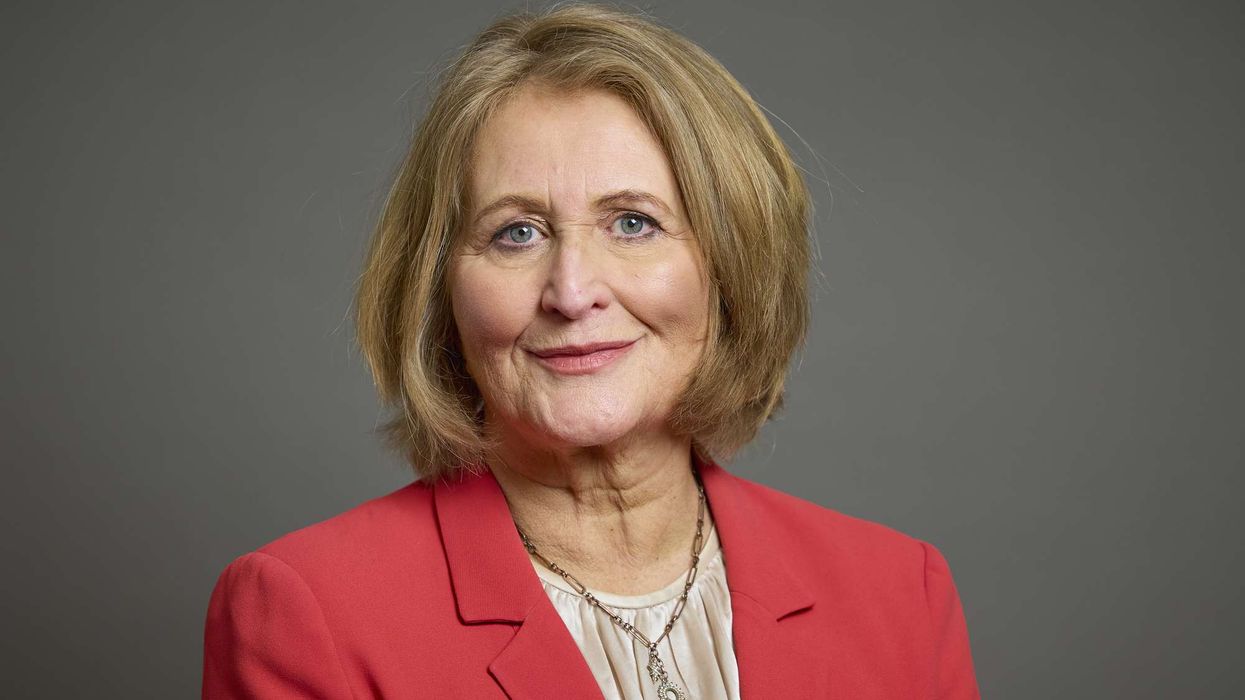THE ongoing Covid crisis in India could affect the supply of vital drugs to the UK.
The volume of medication being shipped to the UK is dropping and stocks could reach dangerously low levels in the coming months, reported The Telegraph.
While one third of generic medicines used by the NHS are manufactured in Britain, the same proportion comes from India. The Covid crisis has drastically reduced factory output in the south Asian country.
According to the British Generic Manufacturers Association (BGMA), around two thirds of its members have suffered disruption to supplies. Of those, nearly three quarters say the impact could be felt in the next three months.
"These drug makers are already stretched thanks to the pandemic so the supply chain squeeze from India poses a real threat. They are now on amber alert because of India’s terrible crisis. This situation is a risk to the NHS. Our manufacturers and others in Europe will try to mitigate any disruption, but we are worried," Mark Samuels, the BGMA’s chief executive, told The Telegraph.
“It was a close run, a very close run, but during the pandemic no patient has missed out a generic medicine. There were shortages of personal protective equipment and ventilators, but not the drugs needed to keep patients ventilated and alive.”
The sector supplies four out of five NHS prescription medicines in the UK and has supplied all of the drugs needed to ventilate patients with Covid and keep them in intensive care, the newspaper report added.
Fears over shortages led the NHS to put an increasing number of medicines on their "concession list", which is a list of important medications the NHS is willing to pay an increased cost for to ensure a stable supply, it added.
The sector has faced enormous logistical and manufacturing challenges over the course of the last 14 months, but because these companies operate low-margin, high-volume businesses, they are in fact very nimble and quick to adapt and scale up. Staff worked around the clock, seven days a week to fulfil orders.
According to the report, generic drug makers are now trying to capitalise on their closer relationship with the government. They want an industrial strategy for the sector to ensure more of them are manufactured in the UK and that the country retains and develops the expertise needed to make them in the first place.
Samuels alleged that successive governments have failed to support the generics industry or put together a policy framework for the sector. Accord and Teva, the UK’s two biggest generics players, contribute £6 billion in GDP to the UK every year and support 30,500 jobs, he pointed out.












